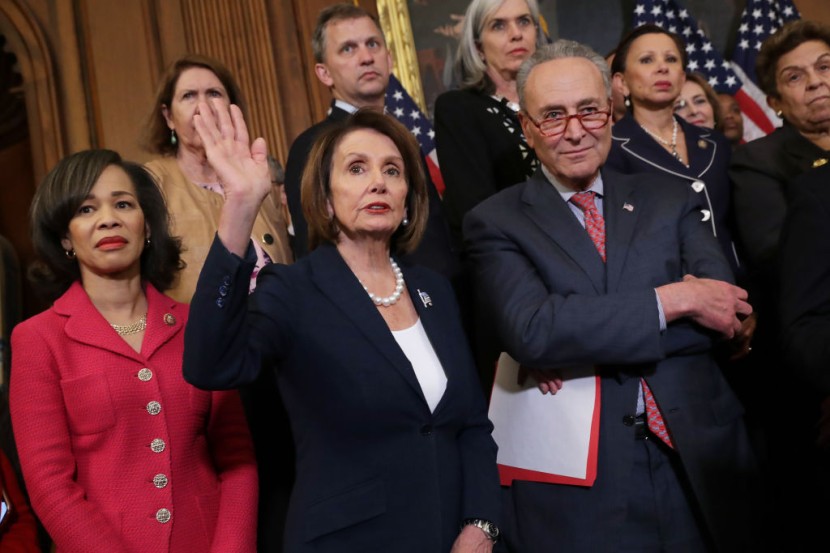
Democrats are drafting legislation proposed by President Joe Biden to make the existing child tax credit more extensive, directing the Internal Revenue Service to transfer recurring monthly payments to American families.
$3,000 Pandemic Aid Per Child
In a draft of the proposal, the IRS would deposit checks amounting to $300 each month per child younger than 6 and $250 each month per child between 6 and 17 years old. This would provide parents $3,000 annually for every child from 6 to 17 years old and $3,600 per child under 6 years old.
Senior Democratic lawmakers are pushing to fulfill President Joe Biden's desire to expand the child tax credit, according to anonymous officials to share knowledge of the internal discussion.
Unlike with the stimulus checks, Democratic lawmakers and the Biden administration are looking to make such child benefits a permanent government program that would go on in future years, reported The Press Democrat.
According to a source, House Ways and Means Committee Chair Richard Neal of Massachusetts is directly associated with the effort to write the child tax credit's expansion, along with House Appropriations Committee Chair Rosa DeLauro of Connecticut.
Similar to the stimulus checks, qualifications for the benefit would be based on family income for the prior tax year and be eliminated at a certain income amount, reported Steve Gorman Rocks.
According to a Democratic aide, the changes would be implemented for a year, but lawmakers would then push to make them permanent.
President Biden has earlier stated he would like to extend the child tax credit. Last week, he revealed a $1.9 trillion proposal that would do so for one year.
The child benefit would be phased out for well-off Americans, but the precise income level has yet to be identified.
The benefit could prove to be expensive, increasing the federal deficit by as much as $120 billion per year, according to evaluation by the nonpartisan group Committee for a Responsible Federal Budget.
Biden also called for making the child benefit fully refundable to enable more households to claim it. According to the Center on Budget and Policy Priorities, twenty-seven million children currently live in low-income families and receive a partial or no tax credit because they earn too little.
The tax credit could reportedly curb child poverty in the United States by over 50 percent, according to researchers at Columbia University.
Republicans from Congress are expected to oppose the measure due to its price tag.
Biden's proposal also involves an expansion of the Earned Income Tax Credit to more low-income workers, alongside $1,400 stimulus checks, increased nutrition, unemployment, and housing aid, among other measures.
According to the president prior to signing two executive orders that would bolster federal worker protections and augment nutrition assistance, "All told, the American Rescue Plan would lift 12 million Americans out of poverty and cut child poverty in half. That's 5 million children lifted out of poverty," reported CNN.
Similar plans have obtained much Republican support, however, with Sen. Mike Lee (R-Utah) and Sen. Marco Rubio (R-Fla.) among the GOP lawmakers who have pushed for significantly increasing the child tax credit. All but one Senate Democrat supported legislation to extend the child tax credit in the earlier Congress.
Related Article : Biden Launches New Twitter Account, Clashes With Twitter's Decision








